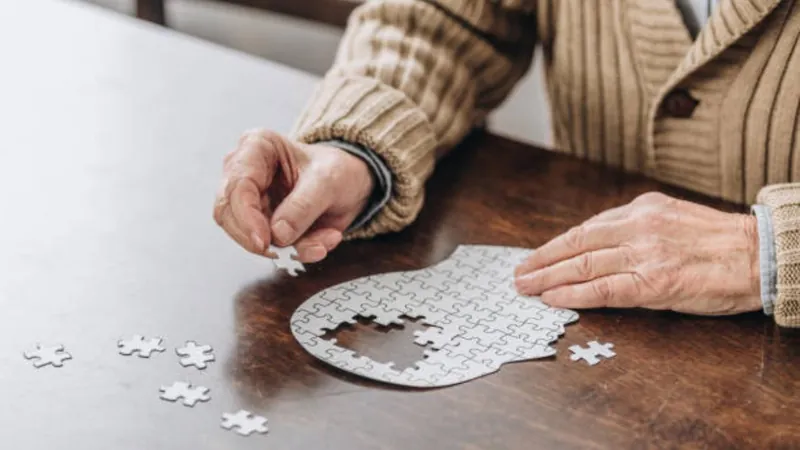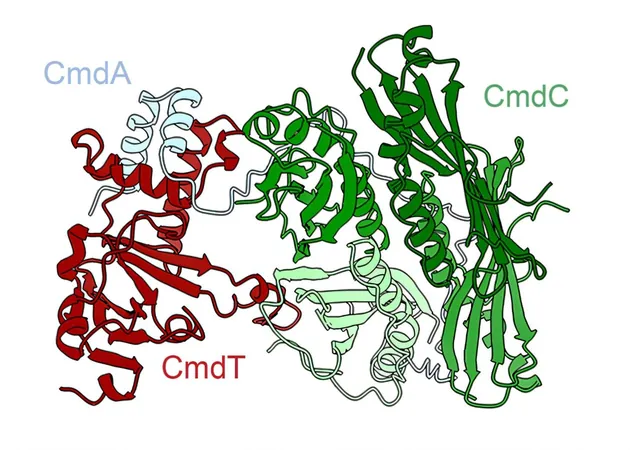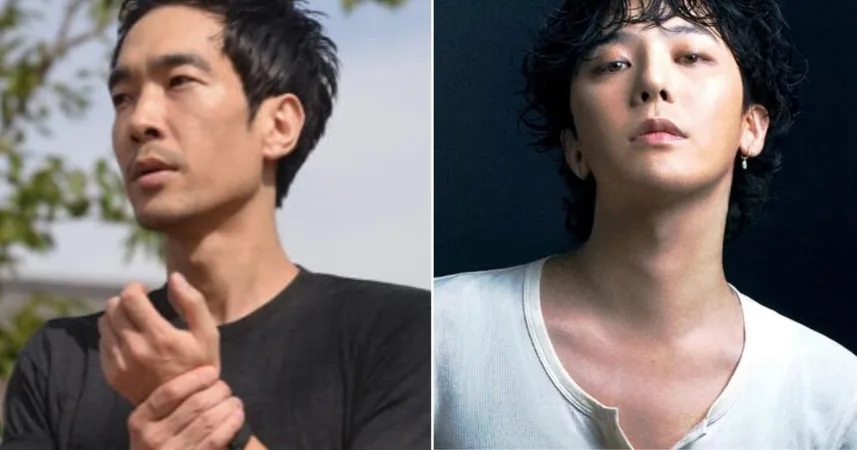
Surprising Discovery: Your Body Might be Storing Memories Too!
2024-11-09
Author: John Tan
Recent groundbreaking research has unveiled a fascinating reality: while we often think of the brain as the sole repository of our memories, other parts of the body may also play a crucial role in memory storage. This revelation, published in the respected journal Nature Communications, opens up exciting avenues for treating memory-related disorders that have long plagued humanity.
The Research Findings
According to Dr. Nikolay V. Kukushkin, the lead author of the study from New York University, “other cells in the body can learn and form memories, too.” This assertion challenges the long-held belief that memory is strictly a function of neural processes in the brain.
The research team discovered that, much like neurons, non-brain cells exhibit the ability to activate a "memory gene" when exposed to new information. This gene is responsible for the ability to learn and recall past experiences. By engineering these non-brain cells to express a glowing protein, researchers could determine when the memory gene was activated, effectively enabling real-time monitoring of the learning processes occurring outside the brain.
Experiments and Findings
In a series of experiments, the researchers found that non-brain cells could detect repeated chemical signals that mimicked the neurotransmitter bursts typical in brain activity. Remarkably, this non-brain memory process mirrors the way neurons in our brains adapt and register new information. The study revealed an even more efficient method of learning, analogous to the benefits of spaced repetition in human learning, where material is learned over time rather than in one intense session.
Implications of the Study
Kukushkin emphasized that their findings show, “the ability to learn from spaced repetition isn't unique to brain cells.” This indicates that memory may actually be a fundamental characteristic shared by all living cells, suggesting a more integrated view of how our bodies process information.
Beyond its implications for understanding memory, this study raises the possibility of treating our bodies with the same attention we give to our brains, promoting overall health and well-being in previously unconsidered ways.
Conclusion
Could this innovative research redefine how we approach health and memory? One thing is clear: the intersection of body and brain is far more complex than previously thought, paving the way for a new era of medical exploration and potential therapies for memory-related conditions. Stay tuned, as future studies may unlock even more secrets about the astonishing capabilities of our bodies!





 Brasil (PT)
Brasil (PT)
 Canada (EN)
Canada (EN)
 Chile (ES)
Chile (ES)
 España (ES)
España (ES)
 France (FR)
France (FR)
 Hong Kong (EN)
Hong Kong (EN)
 Italia (IT)
Italia (IT)
 日本 (JA)
日本 (JA)
 Magyarország (HU)
Magyarország (HU)
 Norge (NO)
Norge (NO)
 Polska (PL)
Polska (PL)
 Schweiz (DE)
Schweiz (DE)
 Singapore (EN)
Singapore (EN)
 Sverige (SV)
Sverige (SV)
 Suomi (FI)
Suomi (FI)
 Türkiye (TR)
Türkiye (TR)